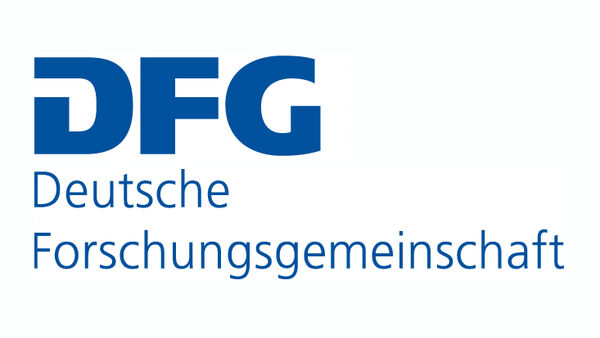DFG Collaborative Research Centres
Collaborative Research Center 1278: Polymer-based nanoparticle libraries for targeted anti-inflammatory strategies (PolyTarget)
The goal of the CRC PolyTarget is the development of new strategies for the treatment of infection-triggered inflammatory states, centered on a design of tailor-made nanoparticulate drug carriers.
Further information:
About 25% of all patients in intensive care suffer from non-curable Critical-Illness-Myopathy (CIM). In sepsis patients, the development of CIM is associated with muscular inflammation. Moreover, there is hints that inflammatory signaling pathways contribute to age-related impairment of muscle stem cells.
Recently, the Rudolph-laboratory identified a protein gene fragment, HoxM, which has the potential to decrease inflammation and aging signals and thereby enhance the proliferation of active stem cells in culture. Thus, the newly discovered fragment could cause decreased inflammation in sepsis-induced CIM.
Contact:
Further information:
The liver plays a central role in the pathogenesis of live-threatening sepsis. Cross talk between parenchymal and immune cells, primarily tissue-resident macrophages (Kupffer cells) and infiltrating neutrophils, is a key event in infection-driven liver dysfunction. Aims of this project comprise the investigation of the dynamic immune cell composition in sepsis and the inhibition of the recruitment of inflammatory cells.
Contact:
Further information:
Collaborative Research Centre 1310: Predictability in Evolution
Traditional evolutionary biology deals with the reconstruction of past processes and relationship between species over long periods of time. But is it possible to predict ways and outcomes of future evolutionary processes at least for a short timespan?
We investigate this question using rapidly evolving systems such as microbes in the laboratory, viruses, immune systems, and cancer cells. We develop methods to predict important processes in these systems, like the evolution of drug-resistances and antigenicity, the evolution of antibodies in immune systems, and the co-evolution of pathogens and their host organisms. To predict evolution, genetic, phenotypic, and environmental changes need to be linked with causal and reproducible influences on function and fitness of organisms. To describe such effects, we experimentally and theoretically analyze massive parallel and time-resolved evolutionary processes.
Further information:
We experimentally track the evolution of immune repertoires and microbes in killifish, a model organism of vertebrate aging. This project develops a predictive approach for the co-evolutionary dynamics of fish B-cell diversity, microbial composition, and genetic changes in microbes during the entire host lifespan. Our predictions will include effects of these dynamics on individual aging.
Contact: ,
More information:
Transregional Collaborative Research Centre (TRR) 127: Biology of Xenogeneic Cell and Organ Transplantation - From Bench to Bedside (Xenotransplantation)
The TRR 127 aims to dissect the biology of xenogeneic cell, tissue and organ transplantation and develop evidence-based concepts that bring pig-to-primate xenotransplantation of porcine pancreatic islets, heart valves, and hearts from the experimental studies to clinical application.
To this end, an interdisciplinary consortium was established consisting of basic and translational scientists, such as immunologists, genetic engineers, cell physiologists, virologists, and transplant surgeons.
The overarching goals are to overcome the remaining obstacles and to generate the safety and efficacy data required for submission of clinical study protocols in Europe and elsewhere.
Further information:
The aim for the current, second funding period is the thorough evaluation of treatment strategies to suppress graft rejection to improve the outcome of clinical pancreatic islet transplantation.
Specifically, we will concentrate on the reduction of instant blood-mediated inflammatory reaction (IBMIR) through the treatment with potential inhibitors or use of genetically modified pig donor islets, and we will evaluate a role for the coagulation and complement cascades potentially contributing to IBMIR and analyze mechanisms of late graft rejection in the most excellent humanized mouse model available. Importantly, the treatment options will be validated by their potential to revert diabetes in vivo.
Contact:
Further information:









